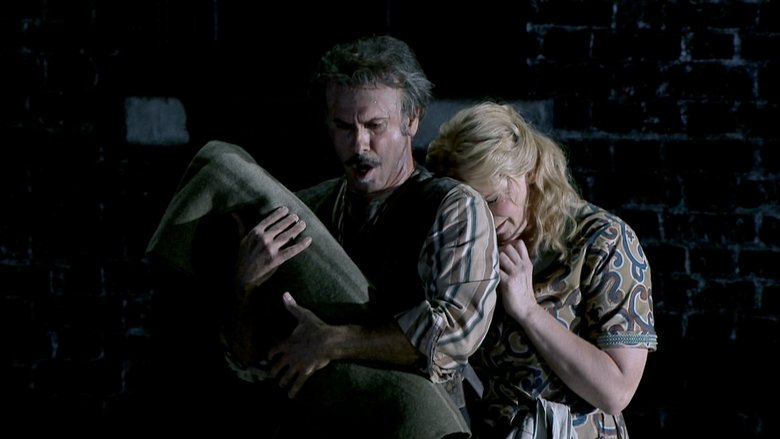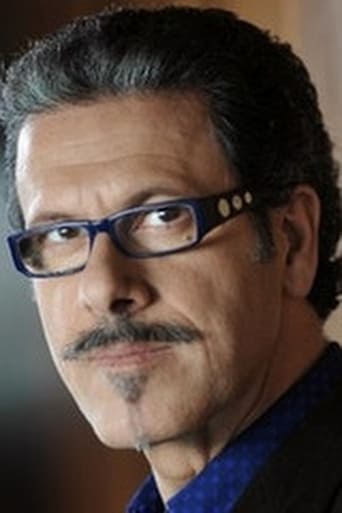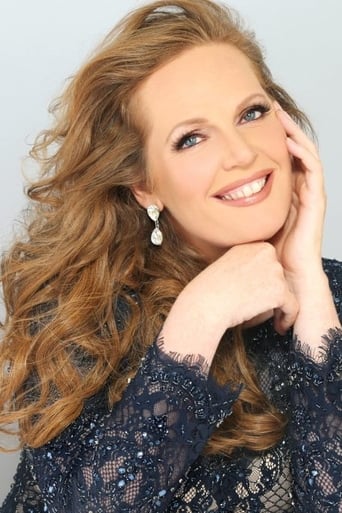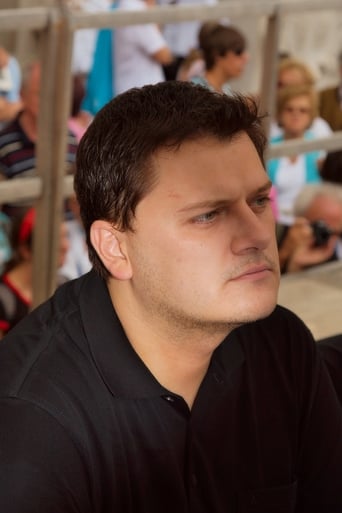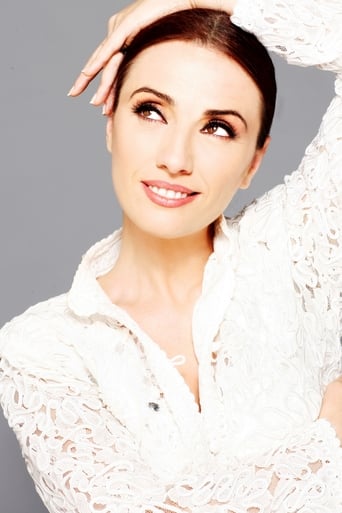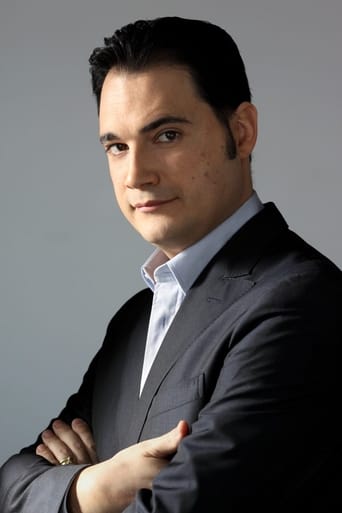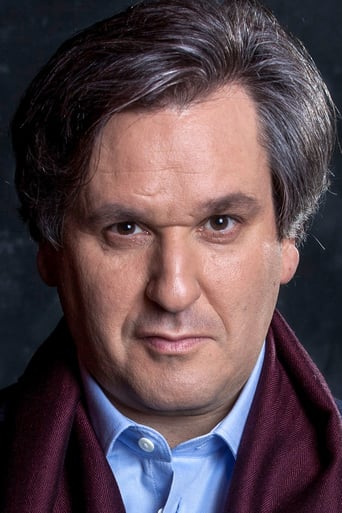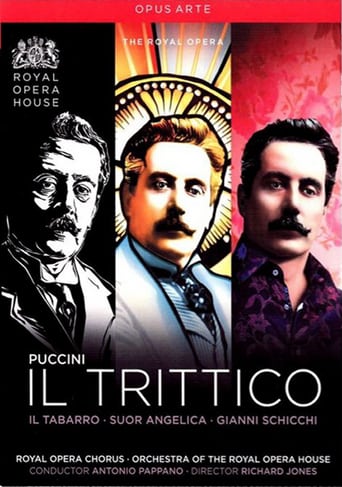
Il tabarro is a tale of jealousy and murder between Michele, his young wife Giorgetta and her lover Luigi, set aboard a barge on the Seine. Suor Angelica tells the story of the nun Angelica’s familial loss, sacrifice and suicide. Gianni Schicchi is an opera full of trickery, greed and romance as a family dispute breaks out over a missing will. The Olivier-nominated Royal Opera production featuring a trio of one-act Puccini operas was first performed together on the same bill at Covent Garden in September 2011, and was acclaimed by the Telegraph as "an operatic treat... three hours of gorgeous music that allows big voices to let emotion rip" and by the Evening Standard as "a triumphant vindication of the social awareness and dramatic power of Puccini's triptych". The trio of operas offers a panorama of emotions, with the dark and foreboding Il tabarro and comic Gianni Schicchi bookending a heart-wrenching Suor Angelica.
Similar titles




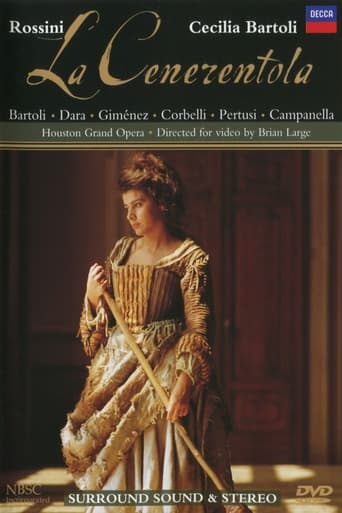
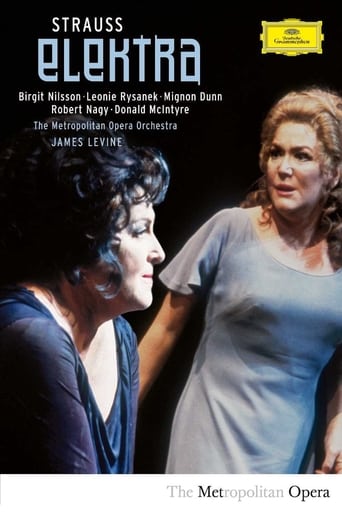
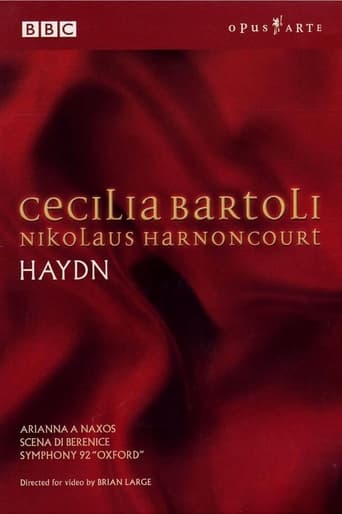
Reviews
good back-story, and good acting
All of these films share one commonality, that being a kind of emotional center that humanizes a cast of monsters.
One of the worst ways to make a cult movie is to set out to make a cult movie.
Great example of an old-fashioned, pure-at-heart escapist event movie that doesn't pretend to be anything that it's not and has boat loads of fun being its own ludicrous self.
Whether this Covent Garden production is my favourite Il Trittico I am not sure, I am more partial to the Amarilli Nizza production and both the Met(1981 and 2007) performances. But I still think that it is an outstanding production of a fine trilogy of operas. Of the three, the most popular and my personal favourite is the riotous Gianni Schicchi. Though that is not to dispute the compact and atmospheric Il Tabarro and the poignant and sometimes hard-hitting Suor Angelica. I was somewhat dubious though when I read that Richard Jones directed it, seeing how much I disliked his Hansel and Gretel from the Met. I needn't have worried because despite the updated settings, he does largely keep true to the spirit of the operas.Il Tabarro: Visually I thought this was most effective. Of course everything is very 1930s, but the warehouse buildings, the alley way and the dark office areas help to add to the compact atmosphere of Il Tabarro. The orchestral playing is very evocative and giving the score its necessary haunting feel, especially in Michele's music. Antonio Pappano's conducting was at its best in Gianni Schicchi, but here he phrases the music with great musicianship and an understanding of what the opera demanded. The three principal performances are right on the money. Lucio Gallo's Michele is essentially menacing but with pathos and humanity as well, and while his voice is not as beautiful as it was in the 90s, with a somewhat dry tone at times, it is big and firm still. Eva-Marie Westbroek is a wonderful Giorgetta, her voice is warm and lyrical at the same time, and she brings a certain emotional dignity to the role. Aleksandrs Antoneko showed promise with the Salzburg Otello, and he sings beautifully especially in his duet with Westbroek and his acting is more assured as well. Irina Mishura does much with the role of Frugula.Suor Angelica: Of Suor Angelica, only the orchestral intermezzo and Angelica's Senza Mamma are well known. However, the rest of the score is equally beautiful and gentle, and of the three operas Suor Angelica is the one with the most moving, if often hard-hitting also, story. The 1920s setting, even in and outside a convent hospital, is the closest in era of the three settings to how the work is usually performed and mirrors the beautiful yet hard-hitting tone of the story beautifully. The orchestra play with great restraint and Pappano is equally sensitive. Again the principal performances are exceptional. Of the three soprano roles of Il Trittico, I have always considered Suor Angelica the most difficult. Ermonela Jaho more than does it justice, her performance is of great poignancy and intensity, her Senza Mamma tugs at the heart-strings and I loved how tender she was around children. Anna Larsson, the best Fricka on DVD, is a commanding and appropriately icy and embittered Principessa, I have seen numerous times seeing Angelica and the Principessa together it is like seeing Turandot and Liu and I can definitely agree with that. While Irina Mishura sings the Abbess with firmness.Gianni Schicchi: As said already, this is my favourite of the three operas. And this production is a riot. Even in the somewhat gaudy 50s-60s setting, the production never loses the humour of the opera. The orchestra again are superb, bright and bubbly yet sensitive again for O Mio Babbino Caro, and it is in Gianni Schicchi where Pappano's personality really shines through. Lucio Gallo is still in good voice and his Schicchi is sly and deliciously comic, perhaps he is not as natural as Alessandro Corbelli in the role in terms of comic timing but for me that still means little. Ekaterina Siurina conveys a warm presence as Lauretta and sings with a beautiful bright tone. O Mio Babbino Caro is the show-stopper it ought to be. Francessco Demuro showed potential as Rodolfo in Luisa Miller, and as well as having an effortlessly lovely voice he gives Rinuccio some force. Elena Zillo and Gwyne Howell are characterful as Zita and Simone, as is the La Ciesca of Marie McLaughlin.All in all, this Il Trittico is fantastic. 10/10 Bethany Cox
Top Streaming Movies











